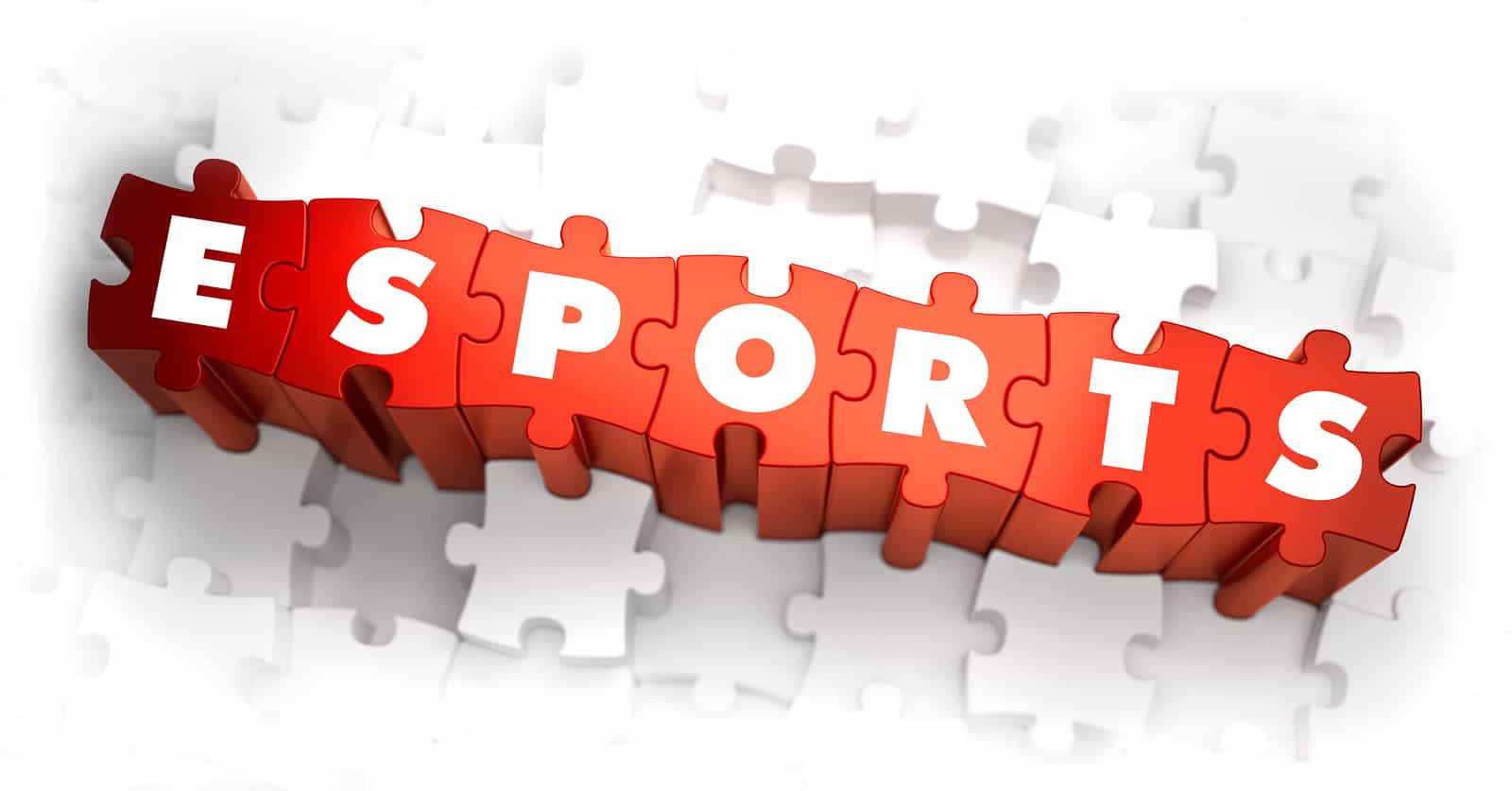Because professional athletes operate in the public spotlight, they commonly have their off-the-field issues plastered all over the media. For example, some athletes may be busted with Controlled Substances. Other athletes might be charged with physical altercations. There are professional sports players who are involved in financial crimes as well. One common question that people have is whether or not a professional athlete can be punished in their sports league even if they are not convicted in a court of law. When it comes to this important issue, there are a few important points to keep in mind.
The Burden of Proof Is Highest in a Criminal Court of Law
First, it is important to note that the burden of proof is always placed on the prosecution. In a criminal court of law, the burden of proof is the highest. In order to achieve a conviction, the prosecution has to demonstrate that a crime happened beyond a reasonable doubt. If the prosecution is not able to reach this far, then the prosecution may not be able to achieve a conviction. It is important to note that someone is found “not guilty” in a criminal court of law, not “innocent.” Therefore, just because someone is not convicted in a criminal court does not mean that a crime did not take place. On the other hand, the court cannot punish someone unless he or she is convicted.
A Professional Sports League Can Still Punish Someone
Even if someone is not convicted, a professional sports league does have the right to conduct an investigation of their own. Even if a crime to not take place, a professional sports league may still have the leeway to punish someone. It all depends on the collective bargaining agreement. Based on the agreement signed between the professional sports league and the players, it is possible that the sports league may be able to punish someone for conduct if they feel that conduct is somehow detrimental to the source. Basically, if the conduct generates negative publicity for the league, then they might have the authority to punish someone. The player may have the right to appeal that punishment; however, the sports league can still punish someone even if a conviction without achieved in a court of law. For example, one common punishment includes a suspension of one, two, or more games. When it comes to sports picks, having a key player suspended can be a big deal.
Collective Bargaining Agreements Are Negotiated from Time to Time
When a professional sports league and the players agree to a collective bargaining agreement, this usually has an expiration date. Once the bargaining agreement expires, it has to be renegotiated. This is where issues related to suspensions, punishments, and other disciplinary actions are discussed. It is important for players and the professional sports league to come to an agreement in order to maintain their status as being protected from anti-trust action from the government. If they are not able to police themselves, then the government may get involved.



